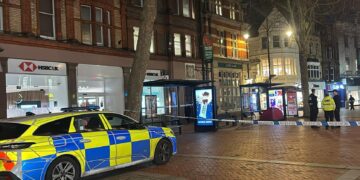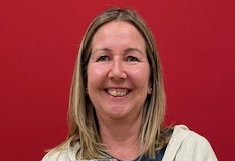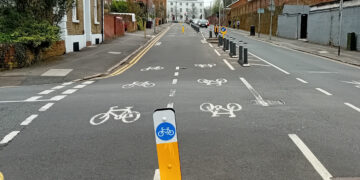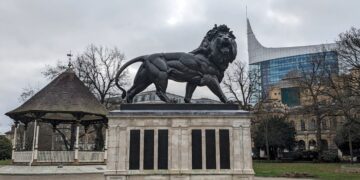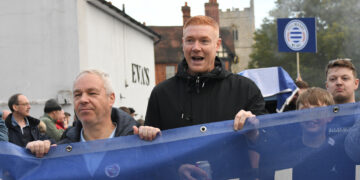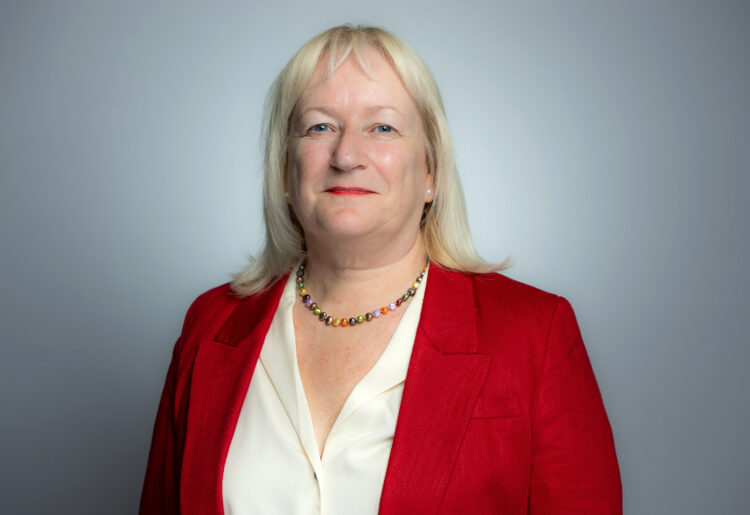A preponderance wellington boots and oversized backpacks this week can only mean Reading Festival has landed again.
We are lucky in Reading to have such excellent public transport options which, alongside the coach travel put on by organisers, many thousands of festival-goers take advantage of. We also know that the festival audience in Reading tends to be that bit younger and that many parents, perhaps understandably, tend to drop their teenagers off by car instead.
Many years of practice means locals know the pinch points by now. If you’ve really no other option but to drive on Wednesday, Thursday and Friday, and particularly on Monday, you’d be well advised to steer clear of Richfield Avenue and the surrounding area. If you do stray into it, expect delays. As usual, there are a whole host of temporary traffic restrictions in place to ensure the 105,000 people attending the three-day event, not to mention the 30,000-day ticket holders, can safely get to and leave the festival site.
Like me, I’m sure many of you remember years gone by when Reading would effectively be gridlocked at festival time. It’s testament to the many years of partnership working between Festival Republic and the Council’s traffic department, the co-operation of local residents and no little practice, that things have improved immeasurably since then.
But its not just our transport officers who are involved in the festival. It’s not something you would necessarily think of, but delivering a safe, successful and enjoyable event really is a huge undertaking for the Council. From food safety checks made on the multitude of eateries on site, checks that only licenced taxis are operating, sound checks to ensure acts keep to agreed noise levels and, when everyone has upped and left, the big clear up, hardworking council staff really do play an integral role.
As with every major festival, you will no doubt see the drone shots after the event of the many hundreds of tents left behind after the event. As the host town, we are pleased to see the added attention being given to this area over the last couple of years. This includes the introduction of hugely successful eco-camps where guests pledge to leave their campsite exactly as they found it, and links with organisations who come to collect the perfectly reusable camping equipment that is left behind. Of course, in an ideal world every festival-goer would take their tents back with them when they leave, but we also know that’s highly unlikely.
I also wanted to touch on safety, particularly with Reading tending to attract a younger crowd. Again, it’s an area which organisers are paying particular attention to. Assistance, Information and Response hubs, known as AIR hubs, will be located around the campsites and arena. This is in addition to the usual security and festival-goers can go to these hubs if they need any help or if anything is worrying them. A variety of local community groups are involved in and help run the hubs, which include WAVES, Reading schools, CGL, Berkshire Women’s Aid, Safer Spaces, Sport in Mind, Oxfam, Oxford Food Hub and Soulscape.
CCTV recording is additionally in operation across the festival site for crime prevention and public safety and ticket holders are also encouraged to report any signs of violence or something that doesn’t look or feel right to any member of staff, volunteer or via one of the many help facilities. This year, Festival Republic has partnered with Safer Spaces who aim to prevent domestic abuse and sexual violence, against women and girls, at festivals and events through education, training and immediate specialist support.
If you are planning on attending this year’s festival, or are the parent of a teenager who is, its worth reading up on what safeguarding measures are in place this year at https://www.readingfestival.com/news/safeguarding-at-our-festival/



